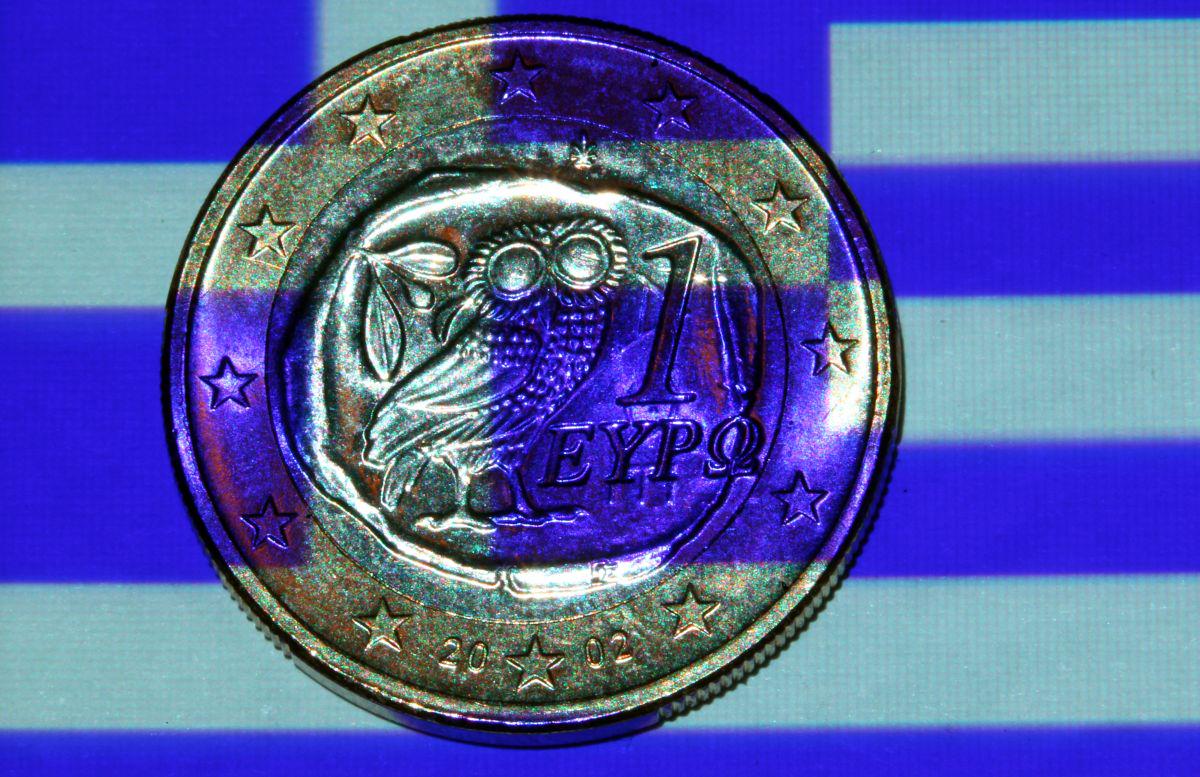
Peter Jenčič of investment firm ALTA stressed that due to the ECB’s intervention, the Greece problem is much less alarming now than it was back in 2012 when Greece was more dependent on international capital markets. According to Jenčič, the biggest problem Greece poses for Brussels bureaucrats is a political one: “By exiting the Eurozone, Greece could set a precedent for other countries. Simultaneously, pressure could mount on some weaker Eurozone countries (Portugal is the number one candidate, followed by Spain and Italy). If too many concessions are made to keep Greece in the euro, the popularity of parties like Syriza could skyrocket, which would make it much more difficult to bail out indebted countries.”
Greek debt to fall on Slovenian shoulders?
Jenčič said that statements made by some politicians who said that Slovenia could make money by giving loans to Greece are completely spurious. Commenting on the fact that Slovenia pledged 1.5 billion euros in loan guarantees to Greece, he added: “The money is gone. The politician we are talking about should be asked what he was thinking when he approved those loan guarantees for Greece while promoting austerity in Slovenia.”
Jenčič went on to explain that if the Greek debt burden were to fall on Slovenian shoulders, Slovenian bonds would become more risky investments, making borrowing money more costly. He highlighted that there is a silver lining in this: Slovenia is by no means considered a “weak” or “risky” country at the moment, meaning that it will not feel a lot of pressure from the markets. However, he warned that if Slovenia’s economic situation deteriorates, the trend could quickly reverse, which would attract the attention of some of the more aggressive investors.
Consequences if Greece returns to the drachma
If Greece leaves the Eurozone and returns to the drachma, the standard of living in Greece will plummet quickly. “There is no doubt that the drachma would be significantly and quickly devalued against the euro. Greek banks would have to take massive write-offs, their capital accounts would be negative, meaning that the banks would have to be nationalized,” explained Jenčič, adding that some of the money lost could be recovered by investing abroad: The upper class could mitigate the consequences by investing in foreign real estate, while the middle class could be saved by foreign deposits in euros that were withdrawn before capital controls were imposed.
Gorazd Kosmač; translated by D. V.

































































